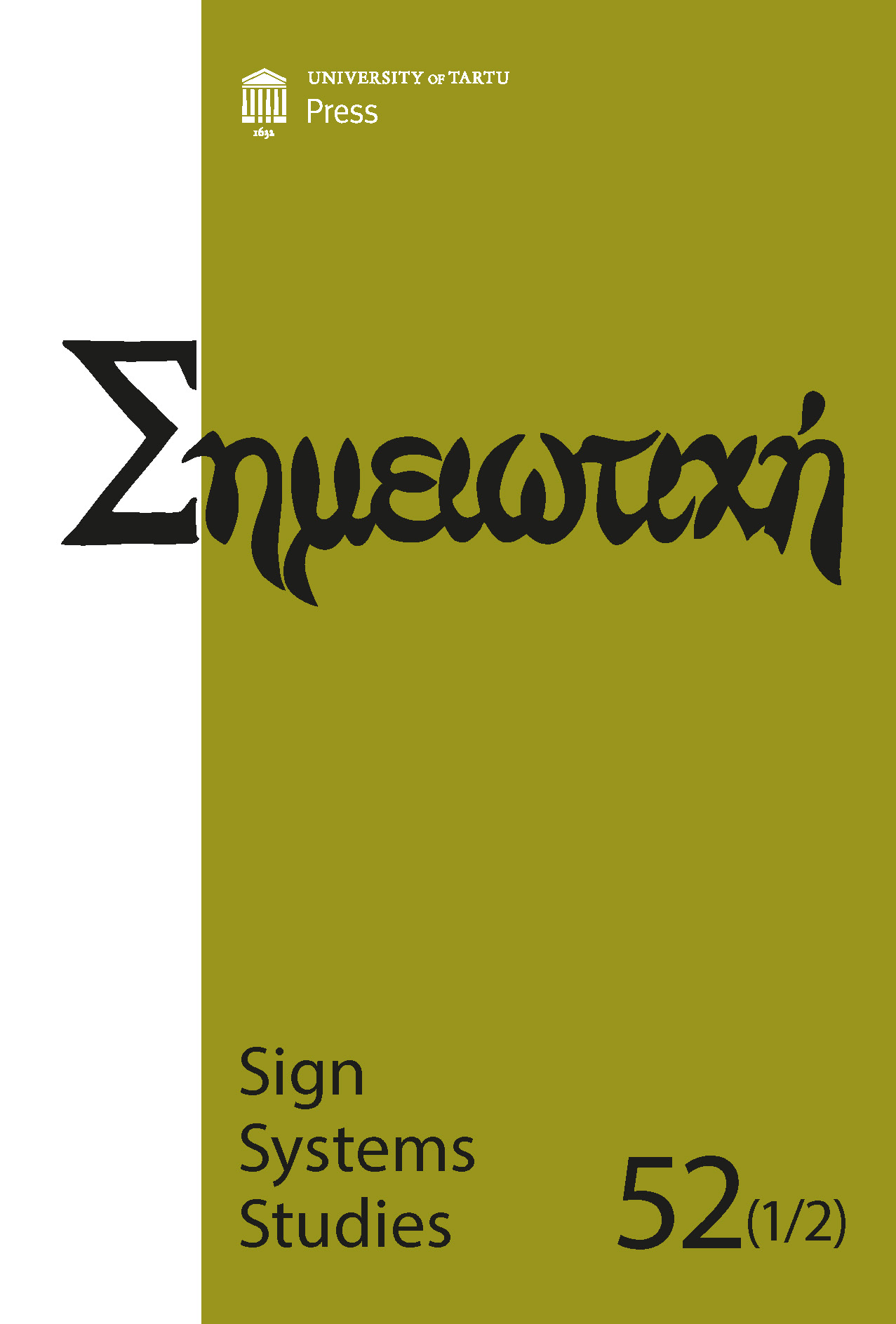Guiding interpretation towards deproblematization: A video interview with a Climate Change denier analysed as conspiracy theory
DOI:
https://doi.org/10.12697/SSS.2024.52.1-2.10Keywords:
political semiotics, critical discourse analysis, social media, disinformation, strategic communication, anti-scientific conspiracy theoriesAbstract
Climate Change disinformation is causing lasting damage to both sociopolitical spheres and our very own biosphere. The present article identifies the meaning-making mechanisms of Climate Change conspiratorial discourse on social media by analysing the YouTube video Why I Said Global Warming is the Biggest Fraud in History, which had reached more than 758,000 views (May 2023) before the channel was deleted (August 2023). A qualitative empirical semiotic analysis was carried out focusing on discourse in which Climate Change denial is understood as conspiracy theory, that is, a mode of interpretation. The analysed conspiracy discourse creates identities and shapes social relations in the form of dichotomic oppositions/conflicts between those who spread illegitimate information (the enemy) and those with access to the truth (a symbolic elite). In this context, the fragmentation of science into “real” and “fake” is as dangerous as the scientific community’s loss of authority. The analysis of this video shows how Climate Change is represented as a fraud and how possible policy responses to it are therefore represented as scams. The main effect of such discourse is deproblematization, for it provides people with reasons to reject proposals for actions that seek to mitigate the climate crisis.
Downloads
Downloads
Published
How to Cite
Issue
Section
License
Copyright (c) 2024 Heidi Campana Piva

This work is licensed under a Creative Commons Attribution-NonCommercial-NoDerivatives 4.0 International License.


